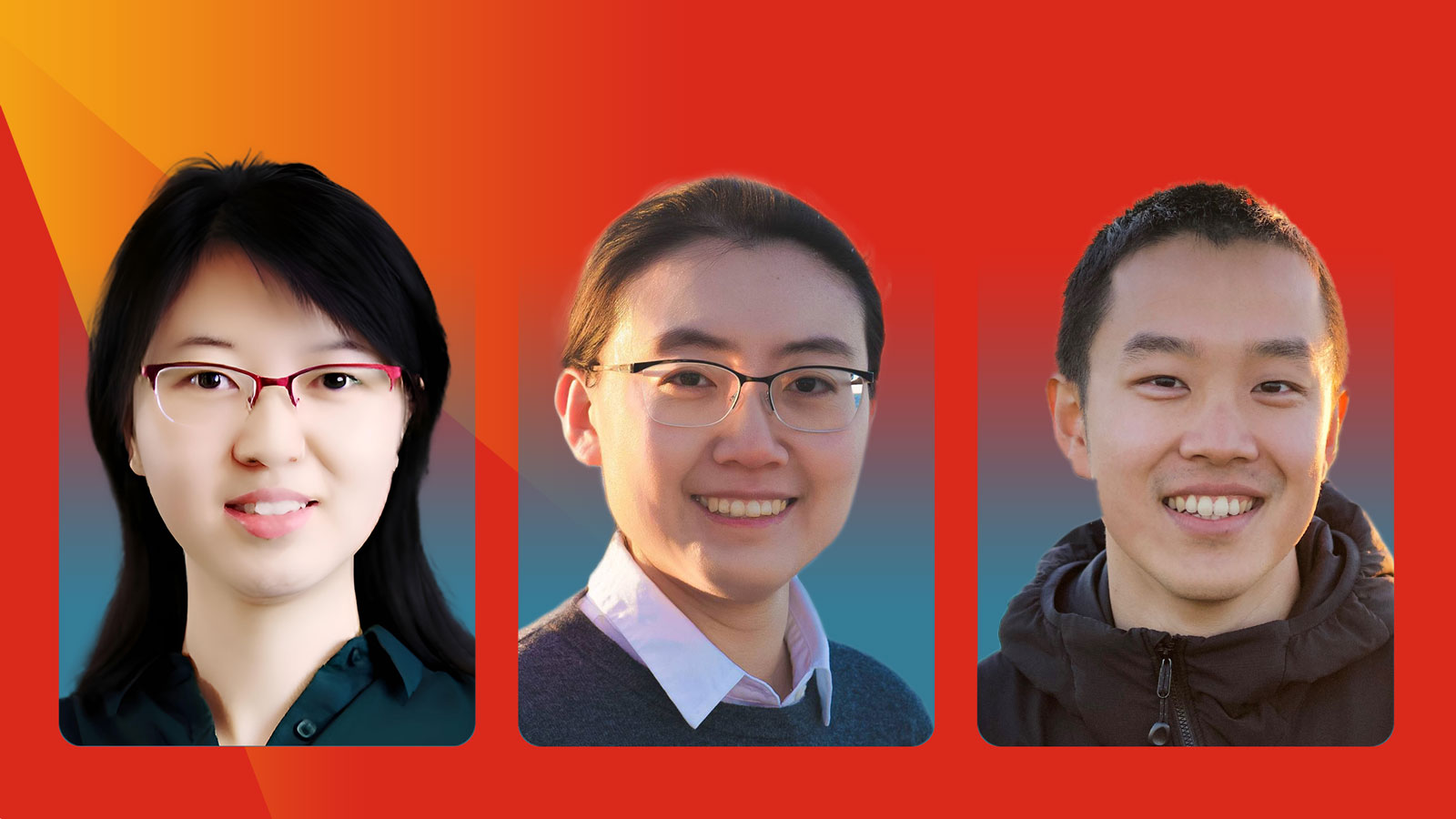By: Kathleen Sandusky
24 Sep, 2024

Today CIFAR announced the appointment of three new Canada CIFAR AI Chairs at the Vector Institute, continuing to advance Canada’s leadership in artificial intelligence. Additionally, CIFAR announced that five Canada CIFAR AI Chairs at Mila would have their appointments renewed, thanks to the strength of their ongoing work to drive Canadian AI discovery and innovation.
“Canada continues to attract some of the very best computer scientists to our vibrant research ecosystem, and these new Chairs are no exception,” says Elissa Strome, Executive Director of the Pan-Canadian AI Strategy at CIFAR. “Each of these researchers received their doctoral training elsewhere, but chose to come to Canada as faculty members because they recognize the value of Canada’s strong networks of talent, which is key to building a successful research program. This is further evidence that Canada’s AI talent strategy continues to attract some of the brightest minds here, to advance opportunities for Canadian-led research and innovation.”
The Pan-Canadian AI Strategy is designed to create robust, interconnected AI ecosystems across our three major centres and build a deep pool of talented individuals with AI skills and expertise. The Canada CIFAR AI Chairs program provides long-term, dedicated research funding to support the research programs of university faculty pursuing advances in artificial intelligence. The appointments provide additional support to recruit and retain top graduate students, expanding Canada’s network of next-generation talent. Each Chair is affiliated with one of Canada’s National AI Institutes: Amii in Edmonton, Alberta; the Vector Institute in Toronto, Ontario; and Mila in Montréal, Québec.
Today’s announcement brings the number of current Canada CIFAR AI Chairs to 132.
Congratulations to the following new Canada CIFAR AI Chairs:

Shuang Li is an incoming Assistant Professor at the University of Toronto and Faculty Member at the Vector Institute.
Li’s particular expertise is on incorporating compositional AI systems into deep neural networks, thereby enhancing their ability to generalize and solve novel and complex tasks, such as generating images and videos based on complicated specifications, or enabling robots to perform a diverse range of tasks. Her work has many potential applications across fields including biology, robotics, and art production.

Freda Shi is an Assistant Professor in the David R. Cheriton School of Computer Science at the University of Waterloo and a Faculty Member at the Vector Institute.
Her research focuses on computational linguistics and natural language processing. She works towards deeper understandings of natural language and the human language processing mechanism, as well as how these insights can inform the design of more efficient and effective AI systems.

Victor Zhong is an Assistant Professor in the Cheriton School of Computer Science of the University of Waterloo, and a Faculty Member at Vector Institute.
His research is at the intersection of natural language processing and machine learning, and aims to teach machines to read natural language specifications to generalize to new problems. His work spans interactive learning, robotics, semantic parsing, and conversation agents. Examples of his work include learning policies that generalize to new environments by reading manuals, automated curriculum learning from language, and automatically generating reward functions from language for robotic control.
Also announced today was the renewal of five Canada CIFAR AI Chair appointments at Mila, as recommended by CIFAR’s International Scientific Advisory Committee and College of Reviewers and approved by CIFAR’s Board of Directors. Congratulations to these senior researchers whose important work will continue to be supported by the Pan-Canadian AI Strategy: Marc G. Bellemare, Audrey Durand, Simon Lacoste-Julien, Guillaume Rabusseau and Blake Richards.
—–
The Pan-Canadian Artificial Intelligence Strategy at CIFAR drives cutting-edge research, trains the next generation of diverse AI leaders, and fosters cross-sectoral collaboration for innovation, commercialization and responsible AI adoption. Our three National AI Institutes – Amii in Edmonton, Mila in Montréal, and the Vector Institute in Toronto – are the vibrant central hubs of Canada’s thriving AI ecosystem. Funded by the Government of Canada, we’re building a dynamic, representative, and rich community of world-leading researchers who are creating transformative, responsible AI solutions for people and the planet.
The Canadian Institute for Advanced Research (CIFAR) is a globally influential research organization proudly based in Canada. We mobilize the world’s most brilliant people across disciplines and at all career stages to advance transformative knowledge and solve humanity’s biggest problems, together. We are supported by the governments of Canada, Alberta and Québec, as well as Canadian and international foundations, individuals, corporations and partner organizations.